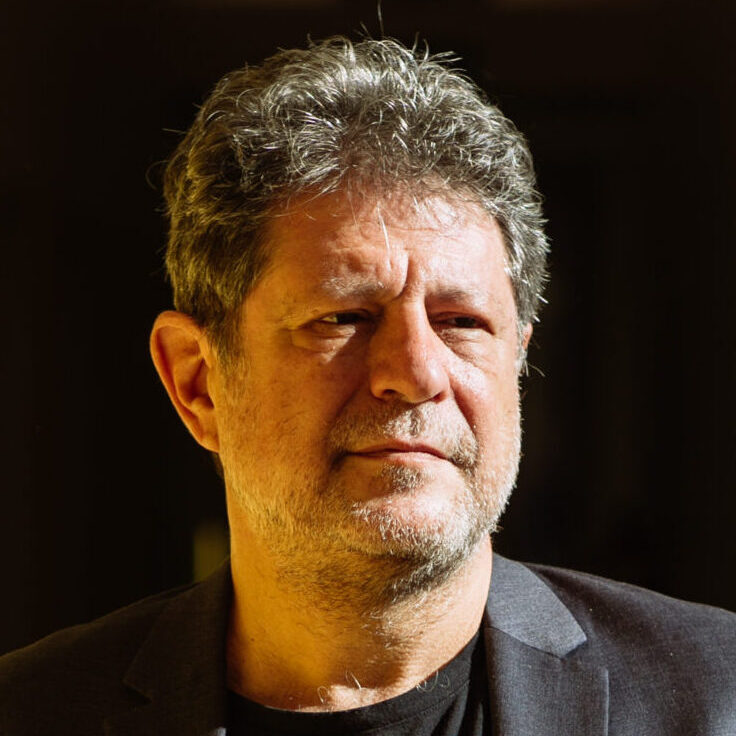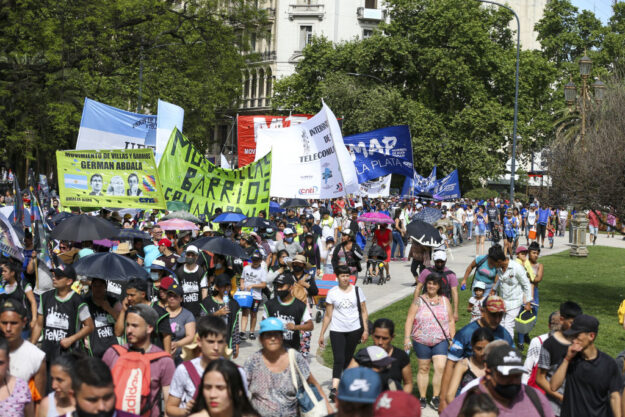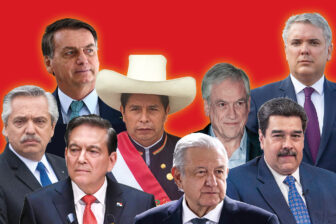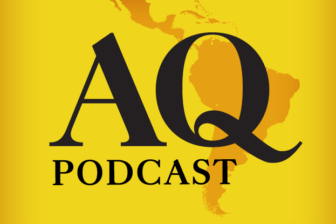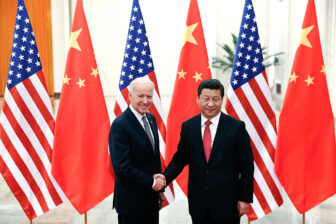BUENOS AIRES – In Brazil in the 1980s, a television ad for Orloff vodka showed a man enjoying a drink on a Saturday night, only to be confronted at the bar by his own hungover self from the morning after.
“Eu sou você amanhã,” he told himself: I am you, tomorrow. The ad’s premise was that Orloff vodka would not leave a hangover, but the “Orloff effect” came to have another meaning. As Brazil considered an exchange rate stabilization plan, Argentina’s own failed experiments loomed in the background. Some Brazilians had the ominous feeling of witnessing the poor state of a patient that, months ago, had begun the treatment they were about to start. Back then, Brazilians could look at Argentina and think: That’s me, tomorrow.
Fast forward 35 years and, once again, Argentina offers a sobering preview of where much of the region could be headed. The country has been stranded in a predicament for at least half a century, as I have previously argued in these pages: As social demands exceed the country’s resources, they fuel a populist preference for cash transfers over social investment and protection over competitiveness. As a result, a terminal case of policy temporariness erodes the credibility of each new announcement. These are the ingredients of the complex cocktail behind Argentina’s macroeconomic instability and stagnation — a blend that is starting to show elsewhere in the neighborhood.
Argentina’s next two years will certainly be a rough ride. The country is so indebted it has lost access to international financing. Fresh out of a default and with multilaterals maxed out, it is racing against time to roll over upcoming payments to the IMF. Argentina is struggling to recover from the pandemic with historically low social indicators and no economic plan in sight beyond reversing policies from the previous government. As the private sector faces an incipient diaspora, the government continues to “gamble for resurrection” at home — under increasingly short horizons. The latest: the November 14 legislative elections, just weeks away. The economy looks set for an imminent crisis.
Sudden collapse, however, is not Argentina’s most likely outcome. The country can expect instead a slow and steady corrosion amid widening distortions. Currency, price and utility rate misalignments, annual core inflation edging towards the 100% zone, ad hoc taxes and transfers that fail to elicit a response from an exhausted private sector — all tenuously tied together by the prospect of an alternative government in two years.
The Latin American trap
Again, none of this is new. It’s a scenario typical of the trap that has paralyzed Argentina for at least fifty years — and is now beginning to haunt other countries in the region.
In the 2000s, a growing Latin America witnessed a middle-class mirage: the emergence of a precarious “middle class by income,” the result of increasing real wages and social transfers, including, most notably in Argentina and Brazil, broader social security coverage. This middle class remained vulnerable to the economic cycle and the occasional crisis, as the COVID shock has dramatically illustrated. It has also suffered from a less visible problem: a policy mix that prioritizes “pocket money” with immediate political dividends over the patient buildup of a true welfare state. Rising incomes translated only into partial prosperity, as gains in education, transportation, health, utilities and housing lagged behind.
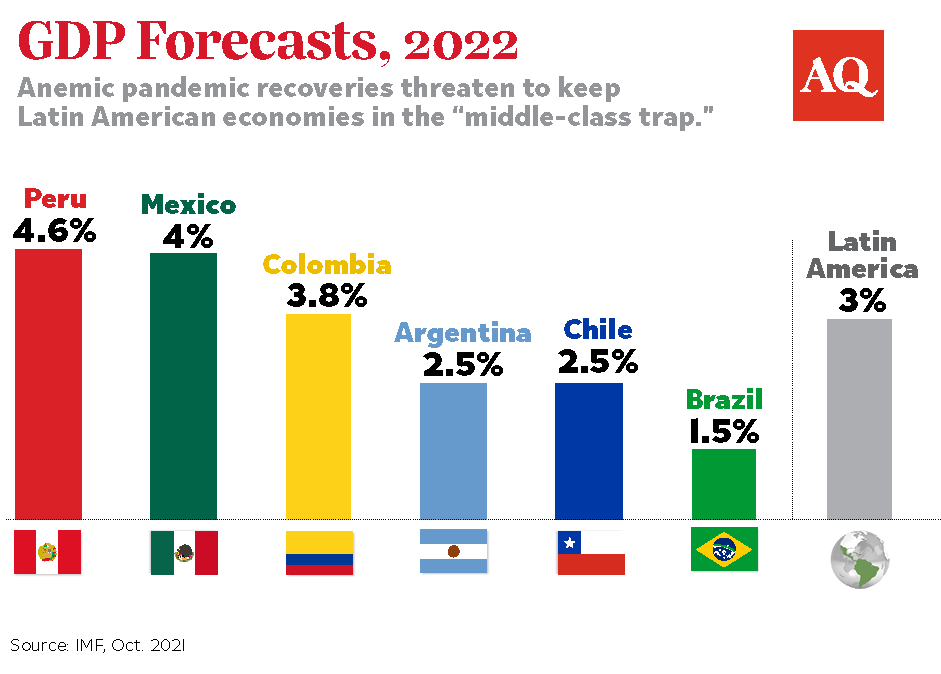
The Latin American version of the middle-income trap is less economic in nature than its original Asian variety. As Alejandro Foxley imagined it ten years ago, the trap refers to the difficulty of sustaining growth while reducing inequality and consolidating democratic institutions. Beyond productivity and export diversification, Foxley’s recipe to evade the trap involved a mix of high-quality education, knowledge and innovation, flexible labor markets, effective social safety nets and institutional strength.
One of the reasons why all of these is so hard to achieve in the region lies in an often-overlooked detail: Latin America is the only region in the world that is at the same time poor and (mostly) democratic. This distinctive aspect points to a key political challenge: How can Latin American politics negotiate a collective solution to the trap in an increasingly vocal and plural liberal democracy?
There seems to be no immediate historical precedent to our predicament: Latin American politics will need to innovate and find its own way out if we want to avoid another lost decade — or, judging by Argentina’s example, decades.
November’s Litmus Test
There may be a silver lining to Argentina’s gloomy story, though, and in that, a lesson for the rest of the region. A preliminary analysis of the results from the September primary elections hints at a new attitude, if not a cultural shift: The government lost votes in poor neighborhoods that had been their historical strongholds. This change is not inconsistent with what seems to be a growing awareness of the failure of the populist agenda, the need to convert temporary transfers into more permanent labor income, and the emerging claim to turn the state from a failed Good Samaritan into a real enabler of social progress.
Predictably, Argentina’s government responded to its September defeat by doing more of the same. This included a festival of announcements of old and new transfers and tax exceptions of uncertain implementation and improbable impact — to be paid, eventually, in the form of more inflation after the election. But, by doing that, it also made the November 14 general election a true litmus test of its inclusive-poverty tactics. If, despite its providential efforts, the government fails to reverse the defeat in the primaries, we may be at the beginning of a true cultural change where a one-off check can no longer determine a political result and the opposition has a chance to gather popular support behind the long overdue reforms needed to escape the trap.
Perhaps Argentina’s main idiosyncrasy has not been its politics or its attitude, but its timing. The country reached this dire situation early and has remained in it for a long time. We may well say, paraphrasing Orloff´s ad: Argentina is Latin America, tomorrow, and always has been. If so, in the next two years, Argentina may be the mirror in which Latin American leaders can learn how to elude their own traps.
—
Levy Yeyati is dean of the school of government at Torcuato di Tella University in Buenos Aires and a member of AQ’s editorial board.


